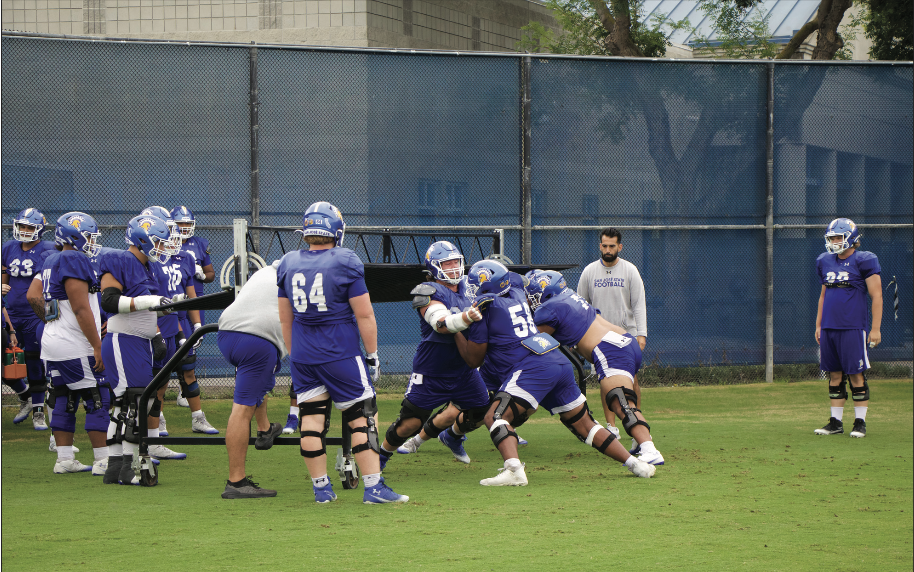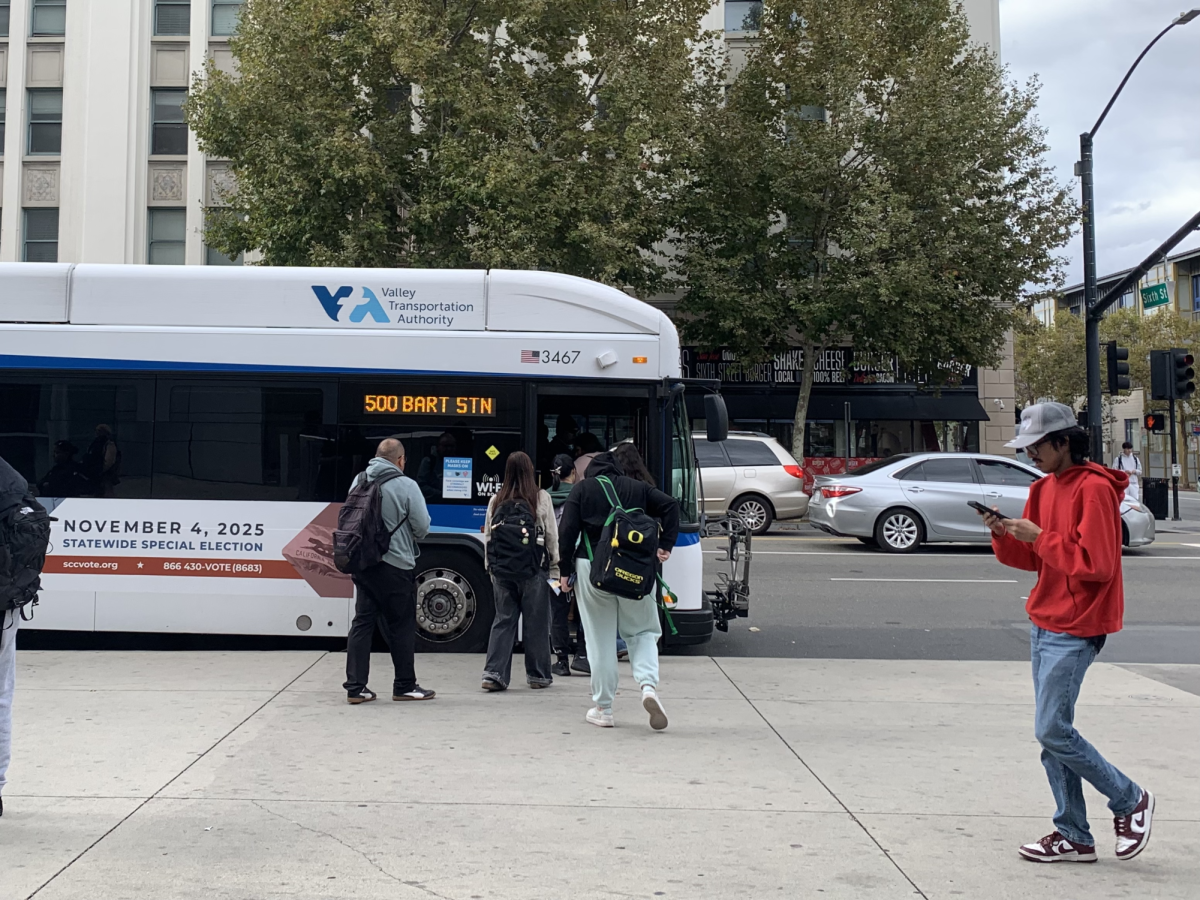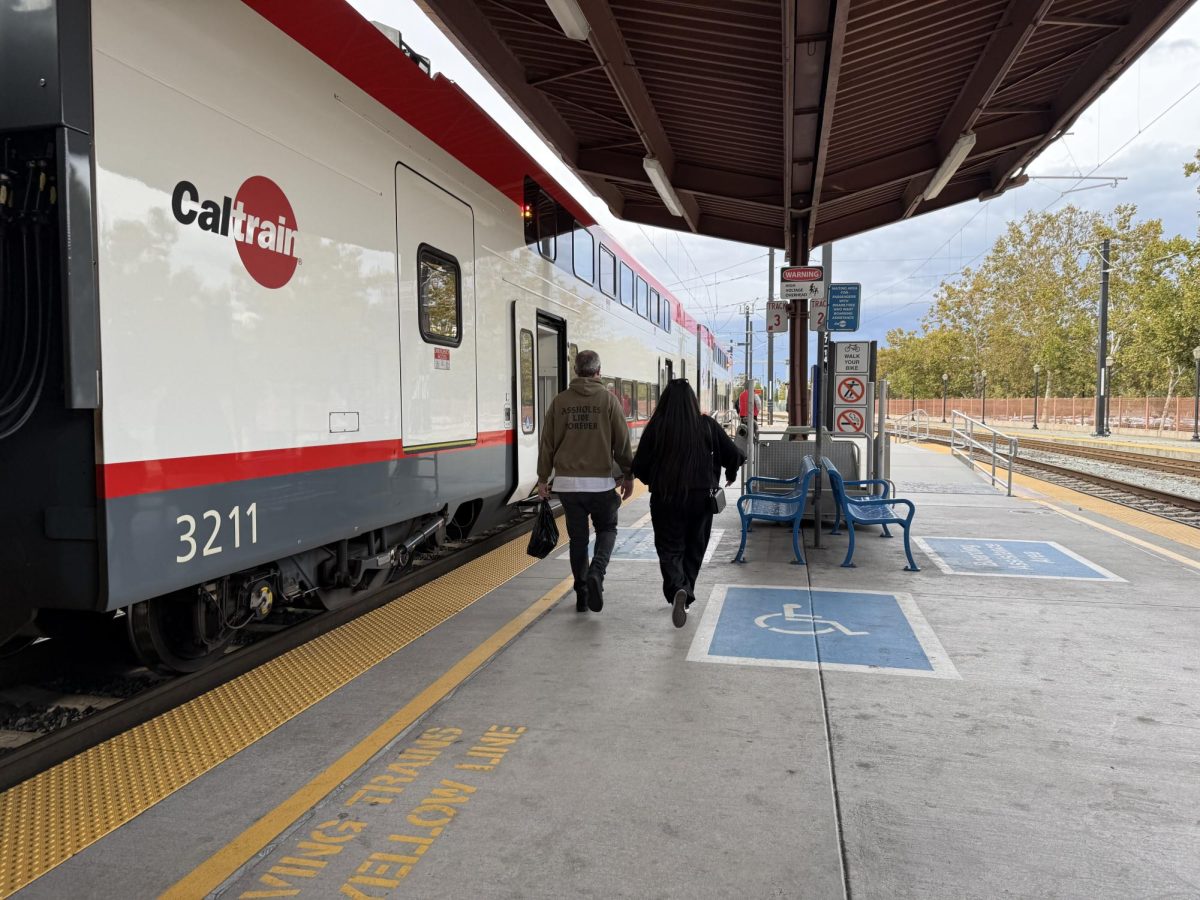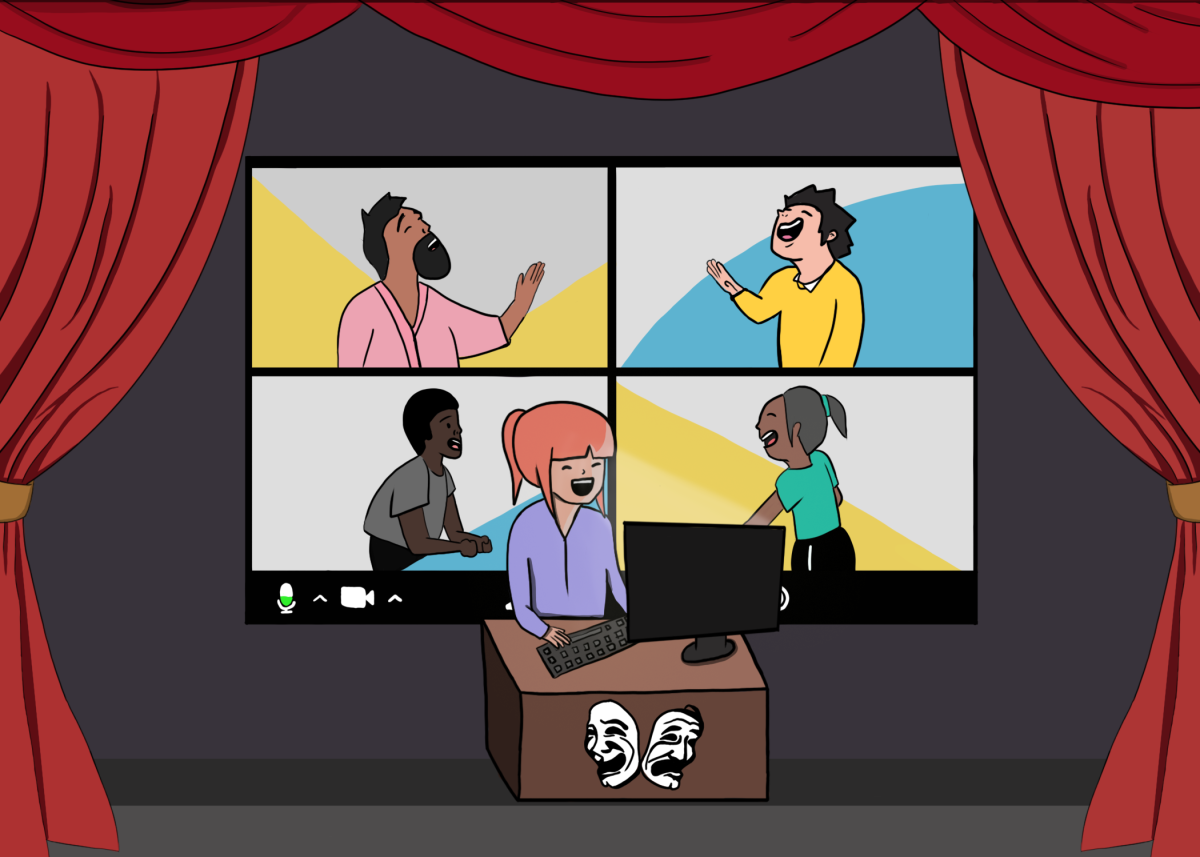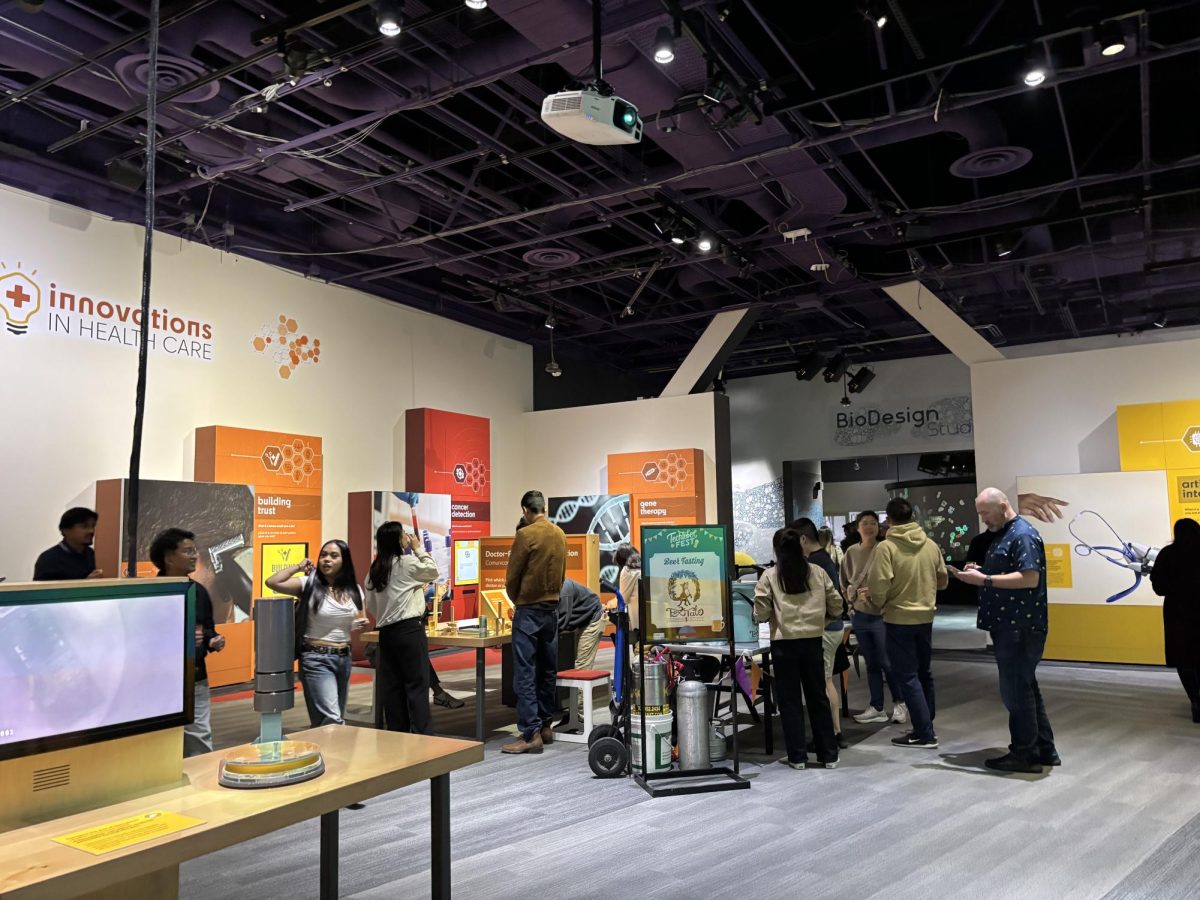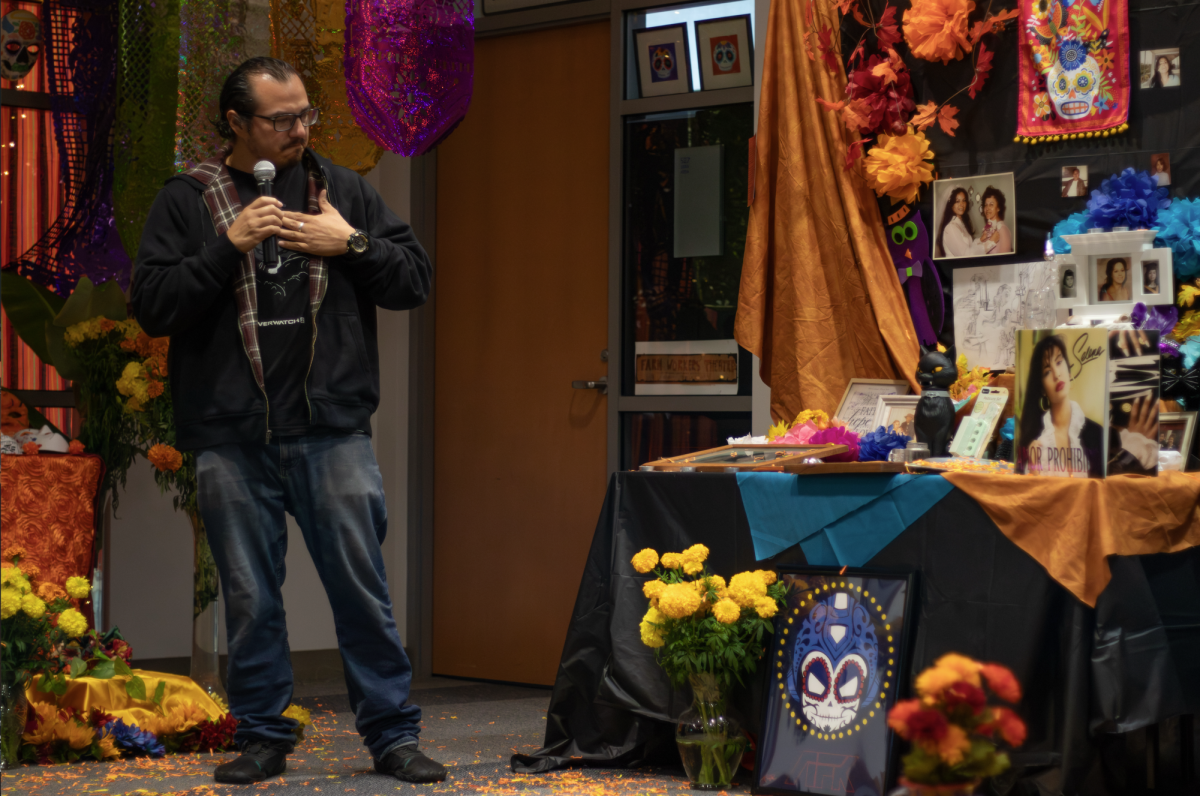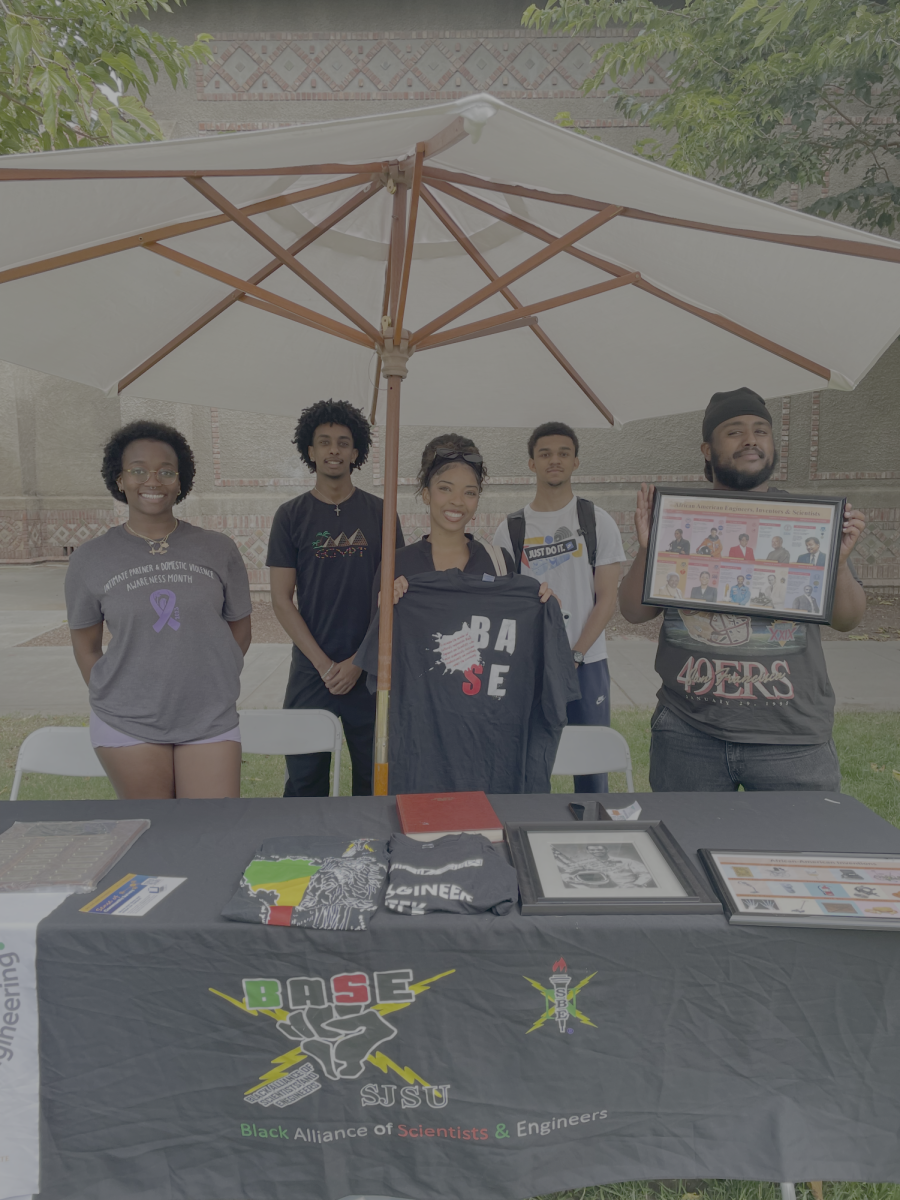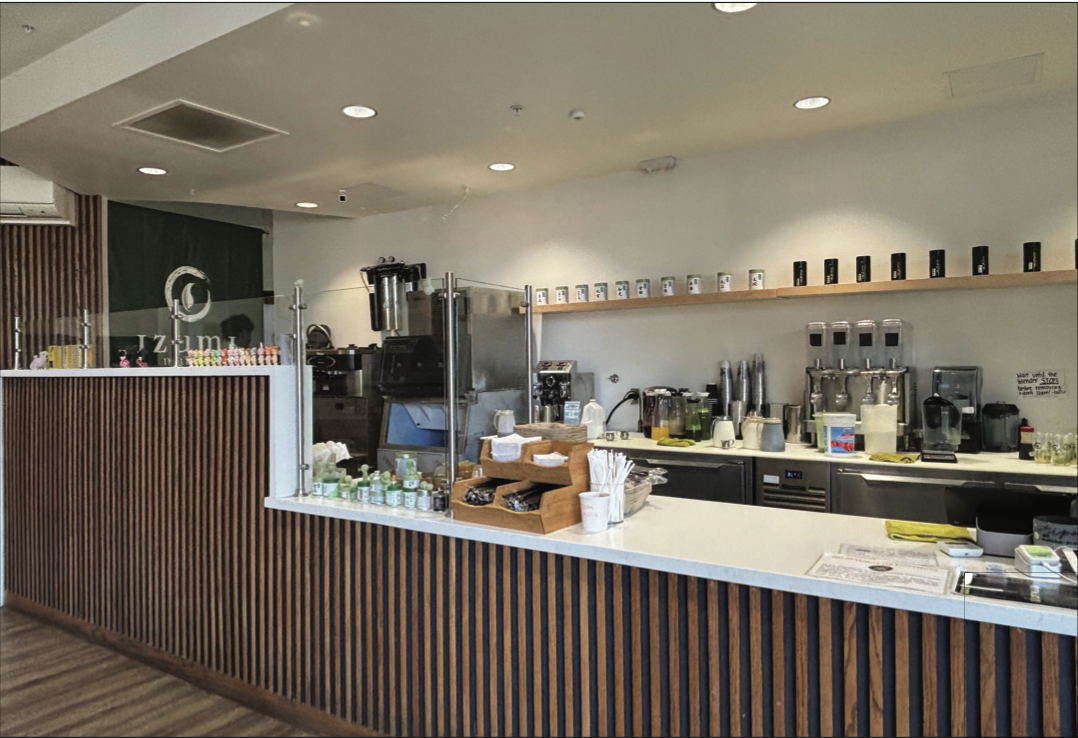For many student artists pursuing careers in performance, film or costuming, the remote learning transition has brought uncertainty and limitations to their learning experience.
San Jose State’s Department of Film and Theatre has found itself facing challenges with its inability to perform or meet in person.
Movement and expression are difficult to show on Zoom through a webcam, but the department has explored ways to make classes work effectively.
“We spent the entire summer training [and] taking webinars,” said Amy Glazer, SJSU theater professor and award-winning filmmaker. “We’ve worked like dogs just getting ready to be able to handle the technology confidently.”
The “show must go on” mentality helped students and faculty members turn toward various online platforms like Zoom and TikTok to create performances during the coronavirus pandemic.
Although professors have encountered physical limitations of being unable to perform in person, they are reemphasizing the importance of inner expression.
“In intermediate acting, we’re focusing less on the physical but more on the psychological source and on the inner analysis,” Glazer said.
She said the importance of the mental connection to the craft is a major teaching focus.
“There’s so much to learn and to work on and we’re focusing on those things that we can work on more successfully,” Glazer said.
Faculty and staff members have been preparing to best help their students by providing them with constructive criticism and comments.
GoReact, an interactive app for students to get feedback on their work, has been a prominent tool used to grade student performers.
The online video recording tool has allowed some students to feel more comfortable with performing.
“I found it useful because I don’t have the stress of having to do it in person and I get to be comfortable in my environment,” said vocal performance junior Evalina Maas-Espinoza.
Maas-Espinoza first used the app in the lead up to the department’s production of
“The Threepenny Opera.”
“The Threepenny Opera” was originally scheduled to run in April at the SJSU Hammer Theatre Center prior to the pandemic.
However, because of quarantine and social distancing mandates, the production transitioned from an in-person performance to a Zoom experience.
This satirical performance examines and critiques the rise of capitalism in a post-war setting.
Student actors utilized their personal wardrobes to create their characters’ costumes.
Debbie Weber, a costume shop manager and Cassandra Carpenter, a makeup and costume designer, received remote assistance from department faculty members for costume decisions using their own clothes and makeup from home.
The play’s production was completed remotely and will be available for viewing later this year, according to Glazer, who didn’t specify a date.
The department is moving forward with its next production project called “Mementos” which is presented by assistant professor Kirsten Brandt.
“We are having Zoom rehearsals. We’ve had only one rehearsal so far,” said Francisco Rodriguez, a radio, television and film sophomore. “As far as I’m aware, only one thing from our project will be on stage in Hammer 4, with a maximum of eight people allowed in the room I believe.”
The project has been the focus of Fall semester theater classes and recently began production.
“It seems very exciting [and] I know that the project is mostly going to be based on ensemble work, it sounds like a great opportunity to learn something new,”
Rodriguez said. “I’d like to write theater, so hopefully I’d learn writing techniques too. That’s just me being hopeful.”
While department faculty members have begun integrating new technology to provide criticism and virtual performance opportunities, many students are still fearful of what the future holds.
“The department [of film and theatre] keeps telling us we’ll still be having the same learning experience we’d have as if it was in person or that it will still be just as useful, but it’s just not,” Isela de Leon, a radio, television and film junior said. “The film department knows how competitive it is for our field and providing us with less experience only sets us back in comparison to other film departments like at [the University of Southern California].”
Many students said they have avoided enrolling in specific courses in hopes of eventually learning the material in person, but the recent California State University announcement of a remote-learning Spring semester distresses students who crave hands-on experiences.
“The department is trying its best during the times but it definitely makes me feel unsure as to if I’m getting the education and experience I need for my degree,” de Leon said.



